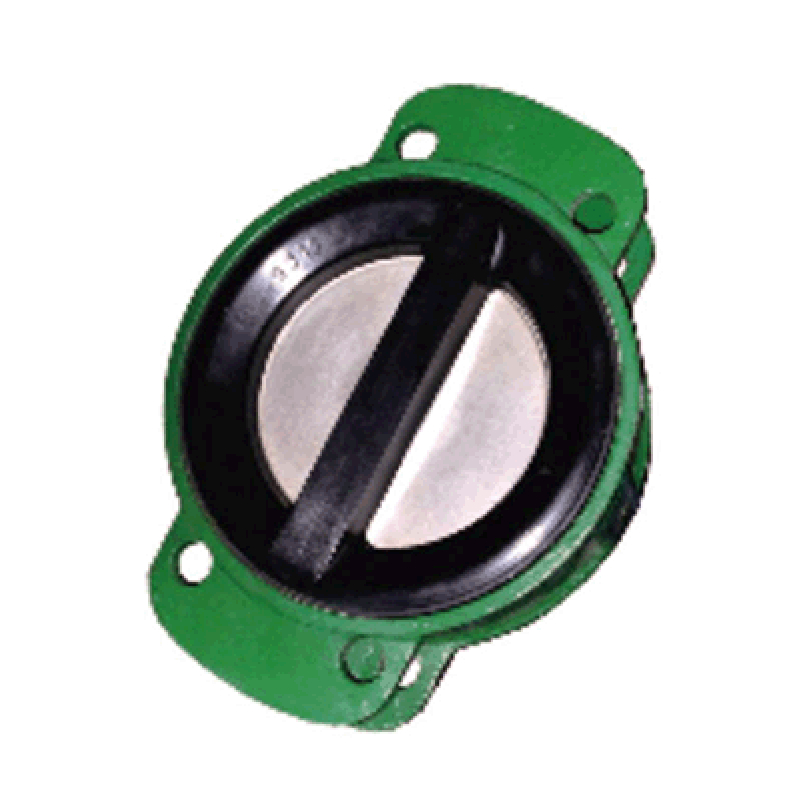nóv . 04, 2024 16:35 Back to list
Air Pressure Regulation Valve for Optimal Performance and Efficiency Control
Understanding Air Pressure Control Valves Their Importance and Functionality
Air pressure control valves are critical components in various pneumatic systems and applications. These valves play a significant role in regulating air pressure, ensuring that systems operate efficiently and safely. In this article, we will explore the functionality, types, applications, and importance of air pressure control valves.
What is an Air Pressure Control Valve?
An air pressure control valve is a device designed to automatically regulate the pressure of air within a system. This regulation is crucial in many industrial applications, where maintaining precise air pressure levels is essential for the proper functioning of equipment and processes. The primary function of these valves is to either restrict or allow airflow based on the pressure differential, which helps in achieving the desired pressure set point.
How Do They Work?
Air pressure control valves operate based on the principles of pressure regulation. When air is supplied to a system, it is critical to maintain the pressure within a specific range. The valve uses a sensing mechanism to monitor the pressure in the system. When the pressure deviates from the set point, the valve adjusts its opening to either release or restrict airflow. This automatic adjustment ensures that the system operates within safe and efficient parameters.
1. Sensing Mechanism The valve is equipped with a pressure sensor that continuously monitors the air pressure. 2. Actuation Depending on the pressure readings, an actuator within the valve either opens or closes the valve to modulate airflow. 3. Feedback Loop The system operates in a closed-loop format, constantly comparing the actual pressure to the desired pressure, leading to real-time adjustments.
Types of Air Pressure Control Valves
There are various types of air pressure control valves, each designed for specific applications and requirements
air pressure control valve

1. Relief Valves These valves are used to protect systems from overpressure scenarios by venting excess pressure. 2. Regulating Valves These maintain a constant output pressure, regardless of fluctuations in input pressure. 3. Pressure Reducing Valves Used to decrease high inlet pressure to a lower, more manageable level. 4. Flow Control Valves These valves are used to regulate the flow rate of air in addition to controlling pressure, ensuring optimal system performance.
Applications of Air Pressure Control Valves
The applications of air pressure control valves are vast and varied. They are used in industries such as
- Manufacturing To control pneumatic tools and machinery, ensuring optimal performance without damaging equipment. - HVAC Systems To regulate air pressure within heating, ventilation, and air conditioning systems, ensuring comfort and energy efficiency. - Automotive Used in braking systems, tire inflation systems, and various pneumatic tools to maintain optimal pressure levels. - Food and Beverage Industry Ensuring that processes such as bottling and canning maintain appropriate pressure levels, which is critical for product integrity.
Importance of Air Pressure Control Valves
The importance of air pressure control valves cannot be overstated. They contribute to the overall efficiency, safety, and reliability of pneumatic systems. Here are some key reasons why they are vital
- Safety By preventing overpressure situations, these valves protect both personnel and equipment from potential damage and failures. - Efficiency Maintaining the correct air pressure ensures that systems operate at peak efficiency, reducing energy wastage and operational costs. - Product Quality In industries where pressure is critical to product quality, these valves ensure that specifications are met, ultimately leading to better products and customer satisfaction.
Conclusion
In conclusion, air pressure control valves are integral to the smooth operation of various systems across multiple industries. Understanding their functionality, types, and applications can help industries leverage their capabilities, resulting in safer and more efficient operations. As technology continues to evolve, the design and effectiveness of air pressure control valves are likely to improve, paving the way for even greater enhancements in industrial processes.
Share
-
Reliable Wafer Type Butterfly Valves for Every IndustryNewsJul.25,2025
-
Reliable Flow Control Begins with the Right Ball Check ValveNewsJul.25,2025
-
Precision Flow Control Starts with Quality ValvesNewsJul.25,2025
-
Industrial Flow Control ReliabilityNewsJul.25,2025
-
Engineered for Efficiency Gate Valves That Power Industrial PerformanceNewsJul.25,2025
-
Empowering Infrastructure Through Quality ManufacturingNewsJul.25,2025